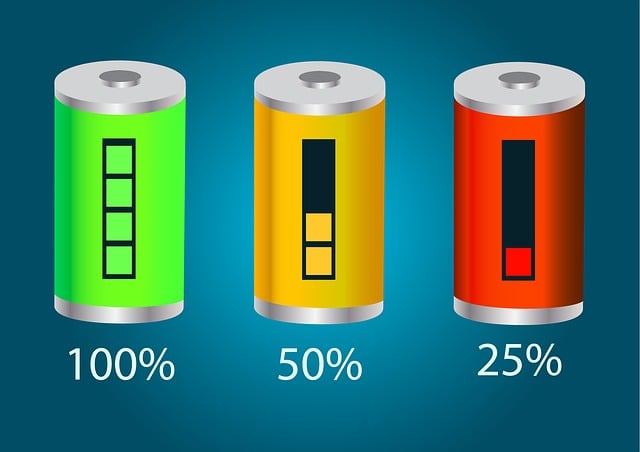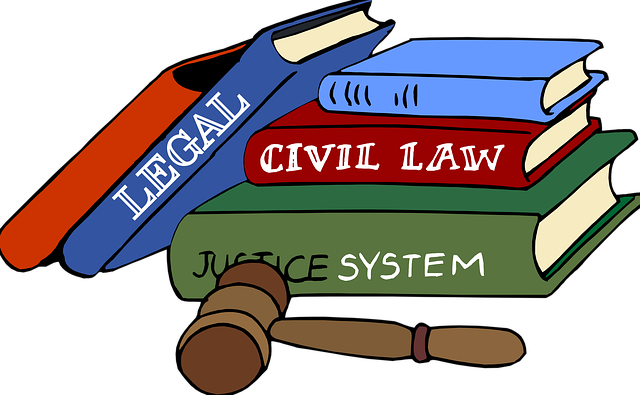In Oregon, a shift towards decriminalization and health interventions means non-jail time for small-scale drug possession and use. Understanding legal defenses is crucial when facing drug charges, with strategies involving challenging evidence, search and seizure legality, and advocating for rehabilitation. An experienced defense attorney specializes in navigating complex drug laws, challenging illegal searches, and exploring alternative defenses to secure favorable outcomes like acquittal or reduced sentencing. Consulting an attorney early on is key for building a robust defense tailored to individual circumstances.
“Oregon’s approach to drug offenses is a complex web of laws and penalties, demanding a comprehensive understanding for those facing charges. This article serves as your guide through this intricate landscape, focusing on defending drug charges. We explore Oregon’s legal defenses, the crucial role of defense attorneys in drug cases, and potential outcomes. From unraveling the nuances of the state’s drug laws to navigating appeals processes, gain insightful knowledge to bolster your case.”
- Understanding Oregon's Drug Laws and Penalties
- Exploring Legal Defenses Against Drug Charges
- The Role of Defense Attorneys in Drug Cases
- Potential Outcomes and Appeals Process
Understanding Oregon's Drug Laws and Penalties

Oregon’s drug laws outline specific penalties for individuals convicted of drug-related offenses, with a focus on public safety and rehabilitation. The state has taken steps to decriminalize certain drugs, reflecting a shift towards healthier approaches to substance use. This decriminalization doesn’t mean that possessing or using drugs is entirely legal; instead, it shifts the approach from criminal punishment to health intervention. For instance, possession of small amounts of marijuana, heroin, and other substances may result in fines, community service, or participation in treatment programs rather than jail time.
Defending drug charges in Oregon requires a thorough understanding of these laws and penalties. Legal professionals specializing in drug defense can help clients navigate the complexities of the system, ensuring they receive fair treatment. Strategies for defending against drug charges might include challenging the evidence, questioning the legality of searches and seizures, and arguing for alternative sentences that prioritize rehabilitation over incarceration.
Exploring Legal Defenses Against Drug Charges

When facing drug charges in Oregon, understanding your legal defenses is a crucial step in navigating the complex criminal justice system. Exploring these defenses can provide a glimmer of hope for those accused and ensure their rights are protected. One common strategy for defending against drug-related accusations involves challenging the evidence presented by the prosecution. This includes questioning the legality of searches and seizures, as well as examining the accuracy and reliability of test results. For instance, if law enforcement obtained drugs through an illegal search or violated your constitutional rights during the arrest process, these can be powerful arguments to have charges dismissed.
Additionally, Oregon’s laws offer several potential defenses for individuals charged with drug offenses. These may include claiming that you had no knowledge of the substance’s illegal status, asserting self-defense if you were using drugs in a survival situation, or arguing that your actions were justified out of necessity. It’s important to consult with an experienced attorney who can guide you through these options and build a robust defense tailored to your unique circumstances. By understanding your rights and employing strategic legal arguments, those facing drug charges can fight for the best possible outcome.
The Role of Defense Attorneys in Drug Cases

In any drug case, the role of a defense attorney is pivotal in navigating the complex legal landscape and fighting for an individual’s rights. These attorneys specialize in defending against drug charges, offering expert guidance and strategic representation throughout the legal process. Their primary objective is to ensure that their client receives a fair trial, protecting them from potential penalties and seeking the best possible outcome.
Defense attorneys play a crucial role in challenging the evidence presented by prosecutors, including any illegal searches or seizures, and questioning the validity of drug testing methods. They also explore alternative defenses, such as mitigating circumstances or challenges to the chain of custody for drug evidence. Through their extensive knowledge of drug laws and legal procedures, they can navigate the nuances of these cases, providing a robust defense that could lead to acquittal, reduced charges, or more favorable sentencing.
Potential Outcomes and Appeals Process

When facing drug charges in Oregon, understanding the potential outcomes and appeals process is crucial for those looking to defend against these allegations. The first step in defending drug charges is often an assessment of the evidence against the individual. If there are weaknesses or procedural errors in the case, a skilled attorney can leverage these to build a solid defense strategy. This may include challenging the legality of searches, questioning the integrity of evidence, or exploring alternative explanations for the circumstances surrounding the alleged offense.
The appeals process plays a vital role in ensuring fairness and accuracy in criminal cases. In Oregon, if a defendant is convicted, they have the right to appeal their case to higher courts. This involves submitting legal arguments that highlight errors in the trial proceedings, such as improper jury instructions or inadmissible evidence. A successful appeal can lead to a reversal of the conviction, a reduction in charges, or even a new trial. Navigating these complex procedures requires extensive knowledge of Oregon’s criminal code and court rules, making it essential for those facing drug charges to consult with an experienced defense attorney who specializes in defending against such allegations.






